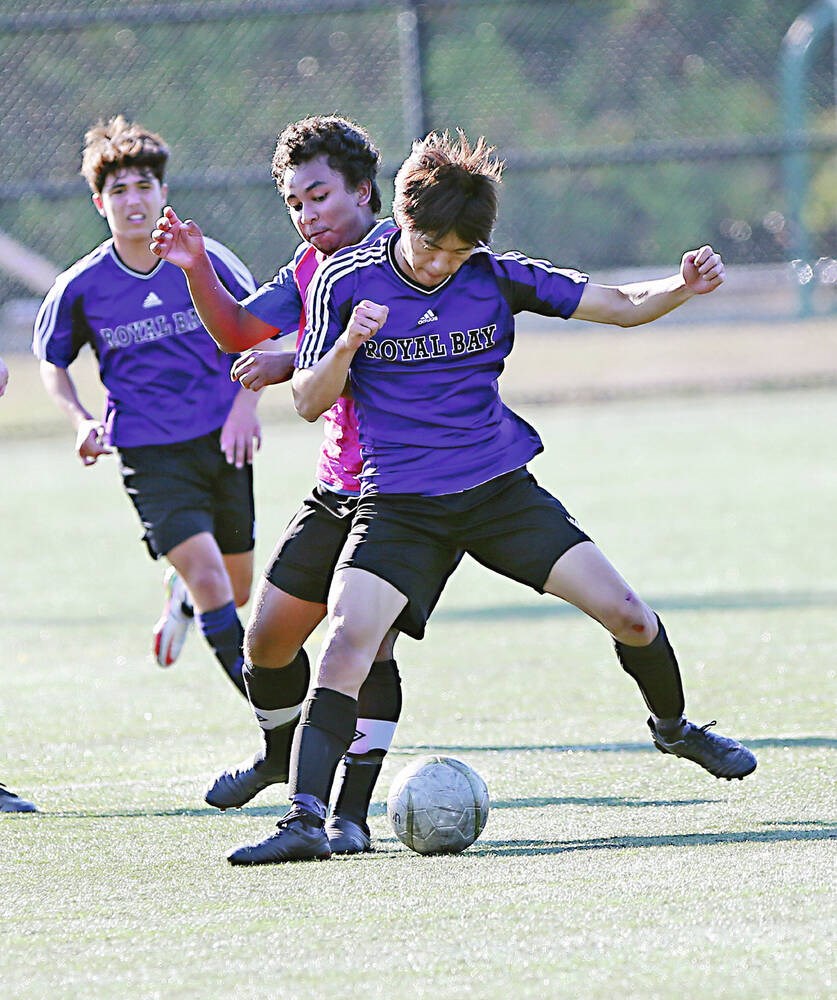A new study from UBC researchers finds that teens have better mental health when they spend more time taking part in extracurricular activities like sports and various arts, and less time in front of screens.
“Although we conducted this study before the COVID-19 pandemic, the findings are especially relevant now when teens were spending more time in front of screens in their free time if access to extracurricular activities like sports and arts programs [was] restricted due to COVID-19,” says the study’s lead author, Dr. Eva Oberle, assistant professor with the Human Early Learning Partnership in the UBC School of Population and Public Health.
“Finding safe ways for children and teens to continue to participate in these activities during current times may be a way to reduce screen time and promote mental health and well-being.”
Highlights of the study’s findings include:
• Adolescents who participate in extracurricular activities are significantly less likely to engage in recreational screen-based activities for two or more hours after school.
• Taking part in extracurricular activities is associated with higher levels of life satisfaction and optimism, and lower levels of anxiety and depressive symptoms.
The implications of this study are both encouraging and worrisome.
The findings are encouraging because engaging kids in activities outside the classroom and beyond the boundaries and constraints of the prescribed curriculum is one of the more satisfying experiences a teacher can have.
Teacher-student contacts and experiences beyond the normal classroom routine, such as sponsoring the student council, the yearbook club and the student newspaper, develops a trust that translates into a more constructive teaching and learning experience for both the adults and the kids involved in the activities.
Kids I coached in one sport of another, the extracurricular guitar class I taught, the group performances at school concerts, the band trips and team trips — it was always about the teacher-student time we shared outside the classroom.
And beyond the content or sports skills that extracurricular activities fostered, learning to deal gracefully with success and failure taught kids life lessons that are not part of classroom education.
The UBC study’s findings are worrisome, though, because right now, B.C. is short between 400 and 500 teachers, depending on whose numbers you accept.
An aging teaching population, early pandemic-driven retirements and the family responsibilities of mid-career teachers have all had an effect on the willingness of teachers to take on what is sometimes a kind of parallel job running extracurricular sports teams and other programs.
True, young newly trained teachers are often stepping up to see that the all-important extracurricular programs survive. Extracurricular sports and activities are the all-important foundations of school culture that need to be part of a child’s education.
However, as Allyson Jule, chair of the Association of the B.C. Deans of Education and an executive for the Association of 91原创 Deans of Education explains, lower teacher wages and a higher cost of living can make B.C. less attractive for new teacher grads to stay in the province.
That’s why the major players in the management and direction of public education — the Ministry of Education, trustees, administrators and the B.C. Teachers’ Federation — need to take the findings of the UBC study very seriously.
Right now, extracurricular activities are not funded by government, but ride on the backs of gaming grants. In total, nearly $11 million in Community Gaming Grants supported parent advisory councils and district parent advisory councils, which, in turn, supported extracurricular activities in the 2021-22 school year.
It is through activities such as sports, performances and a range of clubs in science, technology, arts, ecology, the environment that “foundational competencies” — often referred to as the new basics — are developed. These experiences help students explore and engage with a wide range of interests and develop skills that they need now and in the future.
A renewed commitment to the development and maintenance of extracurricular activities at all levels of public education is overdue. The lessons learned through extracurricular sports and activities may define what psychologist B.F Skinner meant when he said: “education is what survives when what has been learned has been forgotten.”
Geoff Johnson is a former superintendent of schools
>>> To comment on this article, write a letter to the editor: [email protected]



